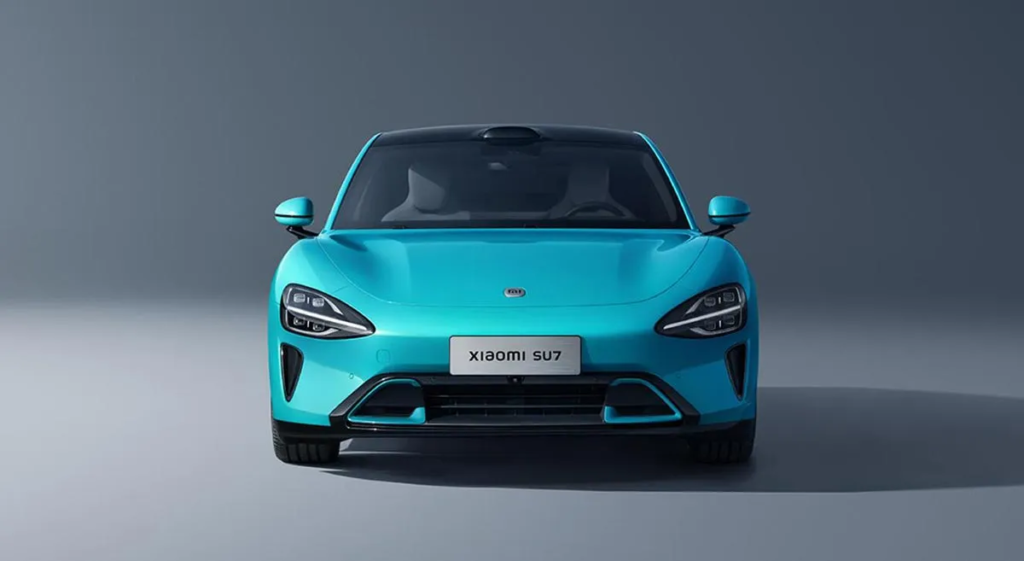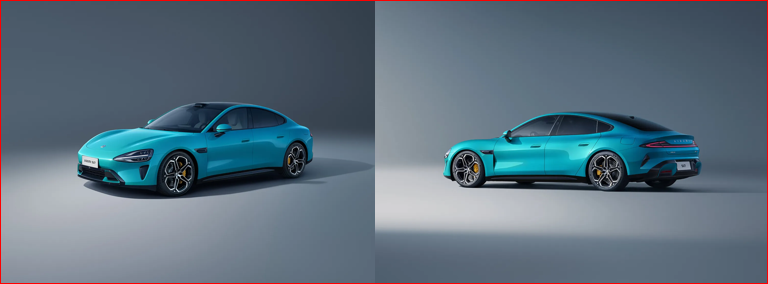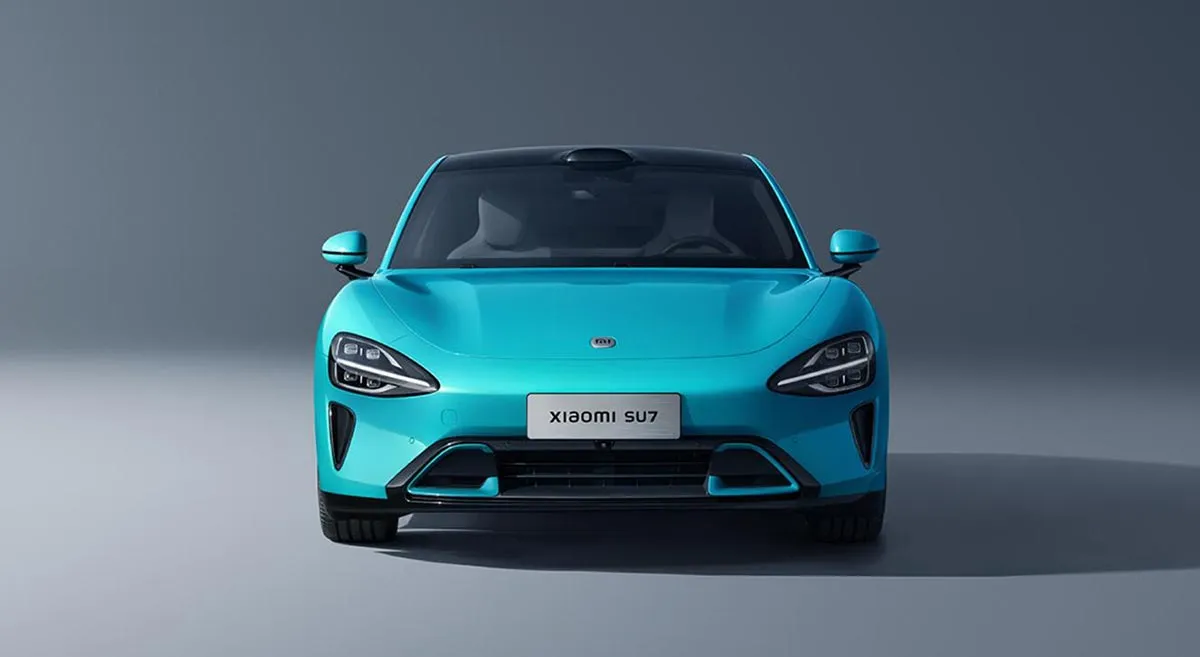
Tech Update Chinese tech giant Xiaomi has officially introduced its maiden electric vehicle (EV) at a launch event in Beijing, signaling its ambitious entry into the competitive EV market. Xiaomi’s co-founder, Lei Jun, declared bold aspirations to rival established players like Tesla and Porsche, aiming to establish itself as a global automotive leader within the next 15 to 20 years. The newly unveiled EV, named the SU7, is a testament to Xiaomi’s foray into new frontiers, with a planned investment of $10 billion to disrupt the automotive industry, reminiscent of its impact on the smartphone market a decade ago.
Xiaomi’s SU7, a subject of prior coverage, sets the stage for the company’s evolution, and Lei Jun is not shying away from setting high targets. He envisions crafting a “dream car” capable of competing head-to-head with Tesla and Porsche, emphasizing the company’s commitment to invest substantially in this automotive venture.
During the launch event in Beijing, China, Xiaomi’s founder and CEO, Lei Jun, officially presented the vehicle he had previously teased to the public. Lei Jun expressed Xiaomi’s ambitious vision of securing a position among the world’s top 5 automakers within the next 15 to 20 years. He outlined the company’s goal of creating a “dream car” that can stand toe-to-toe with industry leaders such as Porsche and Tesla, although specific details about the car’s pricing were not disclosed.

Details about the SU7 reveal Xiaomi’s strategic move into China’s saturated EV market, where it aims to compete with industry giants like Tesla and Porsche. Lei Jun stated that the SU7, currently in trial production, is set to hit the domestic market in the coming months, with sales slated to commence in 2024 after over three years of development.
Xiaomi’s SU7 distinguishes itself by surpassing Porsche’s Taycan and Tesla’s Model S in acceleration and other performance metrics, according to Lei Jun’s detailed presentation. With a focus on becoming a leader in autonomous driving, Xiaomi has enlisted a design team with previous experience at esteemed automotive companies like BMW and Mercedes-Benz.
The integration of the SU7 with Xiaomi’s smartphones and internet-connected home appliances is a unique feature, aligning with the company’s vision of creating a “Human x Car x Home” smart ecosystem. Lei Jun assured users of data privacy and emphasized the vehicle’s adherence to U.S. safety standards for rear-end collisions.
The SU7, also compatible with Apple’s devices, boasts a 101 kWh battery with CATL cells, offering a maximum range of 800 km. Available in single or dual motor configurations, the top-spec AWD version promises impressive power, accelerating from 0-100 km/h in 2.78 seconds and reaching a top speed of 265 km/h. Battery supply partnerships with China’s BYD and CATL underscore Xiaomi’s commitment to reliable components.
However, Xiaomi faces challenges, including regulatory shifts requiring collaboration with Beijing Automotive Holding Group to manufacture EVs. Additionally, competition in China’s EV market is fierce, with formidable players like BYD poised to overtake Tesla in electric vehicle sales.
As Xiaomi joins the electric vehicle race, the company is navigating a complex landscape, leveraging its established brand and technological expertise. The SU7’s impending market entry marks a crucial chapter in Xiaomi’s evolution, and observers will keenly watch how the tech giant fares in its quest to redefine the automotive industry.
